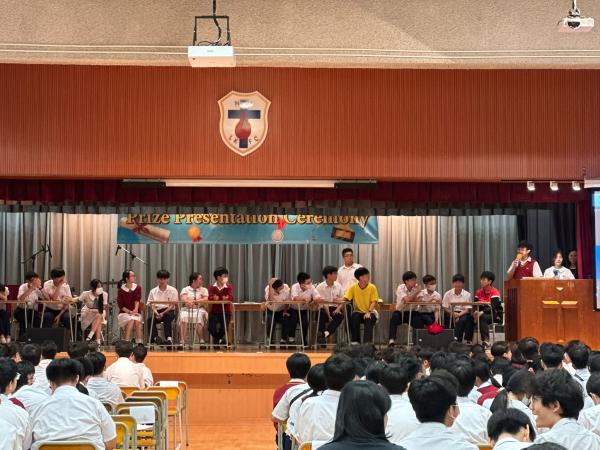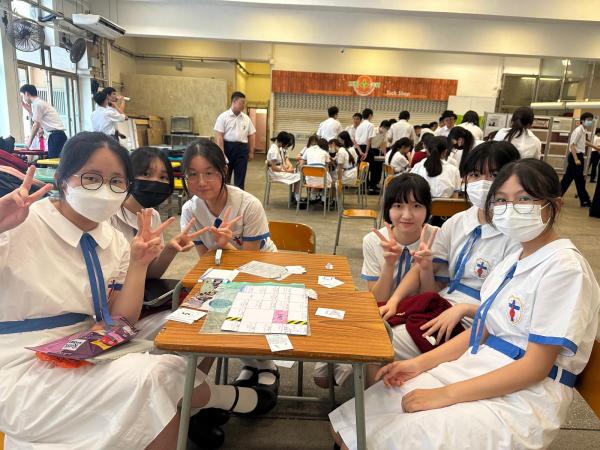S1-3
Curriculum Objectives
The aims are:
- to enhance and develop students’ interest in studying history;
- to help students understand the present in the context of the past;
- to enrich students’ knowledge of their own community and culture, as well as other major cultures of the world;
- to develop students’ historical skills and generic skills for further studies and life situations;
- to nurture students to become citizens who have global perspectives, knowledge and sense of responsibility.
Curriculum Content
S1 The ancient world (From pre-historic period to the 14th century): The birth and interactions of regional civilisations
Topic 1: Human Needs: Past and Present
Topic 2: The Development of European Civilisation
Topic 3: The Rise of Islamic Civilisation and cultural interactions between Europe and Asia in medieval times
Topic 4: History, culture and heritage of early Hong Kong region
S2 The modern world (From 15th to 19th centuries): The growth and expansion of the West
Topic 5: The Rise of modern Europe
Topic 6: European colonial expansion
Topic 7: The founding and development of the United States
Topic 8: Growth and development of Hong Kong up to the late 19th century
S3 The contemporary world (From the 20th century to the present): Moving towards a multi-polar and interdependent world
Topic 9: International conflicts and crises in the 20th century (I) – The two World Wars
Topic 10: International conflicts and crises in the 20th century (II) – the Cold War and the Post-Cold War period
Topic 11: International cooperation since the 20th century
Topic 12: The growth and transformation of Hong Kong in the 20th century
S4-6
Curriculum Objectives
The aims are to enable students to:
- discover where they stand in the contemporary world through understanding the origins and development of modern events;
- develop the skills of critical thinking, making sound judgments and effective communication through exploring historical issues;
- approach past and current events in an impartial and empathetic manner, using a variety of perspectives;
- understand the characteristics and values of their own culture, and appreciate the shared humanity and common problems of the world’s many peoples;
- cultivate both national consciousness and the consciousness of being citizens of the global community, and thus become rational and sensible members of the local community, the nation and the world; and
- be prepared to explore in greater depth an issue of personal interest, or one that may be of relevance to their future careers and professional studies.
Curriculum Content
Theme A: Modernisation and Transformation in Twentieth-Century Asia
(1) Modernisation and transformation of Hong Kong
(2) Modernisation and transformation of China
(3) Modernisation and transformation of Japan and Southeast Asia
Theme B: Conflicts and Cooperation in the Twentieth-Century World
(4) Major conflicts and the quest for peace
(5) The quest for cooperation and prosperity


